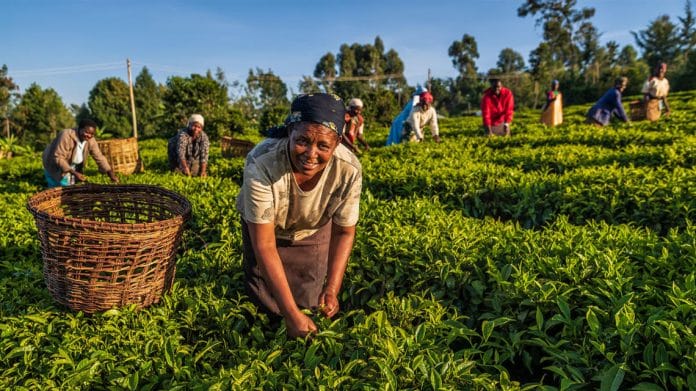In a new resolve to support the businesses in the agro sector, the Federal Government of Nigeria has said it would ensure a steady off-take of produce from out-growers, enhancing the income of farmers and entrepreneurs across commodity value chains.
Also, the Federal Ministry of Agriculture and Rural Development will collaborate with state governments and other stakeholders towards improving the agricultural commodity value chain development to enhance the livelihood of the smallholder farmers.
In addition, the Government said it would prioritize increasing agricultural processing capacity in the country through the establishment of several cottage industries for the production of staple food products in a competitive and comparative advantage manner.
These were disclosed yesterday by the Director, Department of Agriculture Land and Climate Change Management Services, Shehu Bello, at the 45th Regular Meeting of the National Council on Agriculture and Rural Development (NCARD) in Jos, the Plateau State capital with the theme: “Strengthening Agricultural Value Chains Development Process for Food Security and Economic Development”.
In a further statement the Chief Information Officer in the ministry, Ezeaja Ikemefuna, said the agricultural commodity value chain development as a cornerstone and strategic implementation imperatives for the prevailing sectoral policy framework requires a robust discussion and deliberate decisions on intervention models.
He said the foundation to achieve the desired success is the commitment to the provision of incentives, increasing the output and quality of agricultural commodities to meet and surpass national requirements as well as achieving a diversified economic base with Agriculture leading the way for the non-oil sectors of the economy.
He noted that the ministry through the launch of the National Agricultural Technology Innovation Plan 2022 – 2027 (NATIP) has demonstrated the commitment of the sector to address conceivable challenges besetting the sector with a focus on strengthening and developing the agricultural value chain.
The impact, he said, has been enormous as it contributes to food security, increases productivity and efficiency, engenders diversification, generates higher incomes and reduces post-harvest losses and above all, generates employment opportunities.

